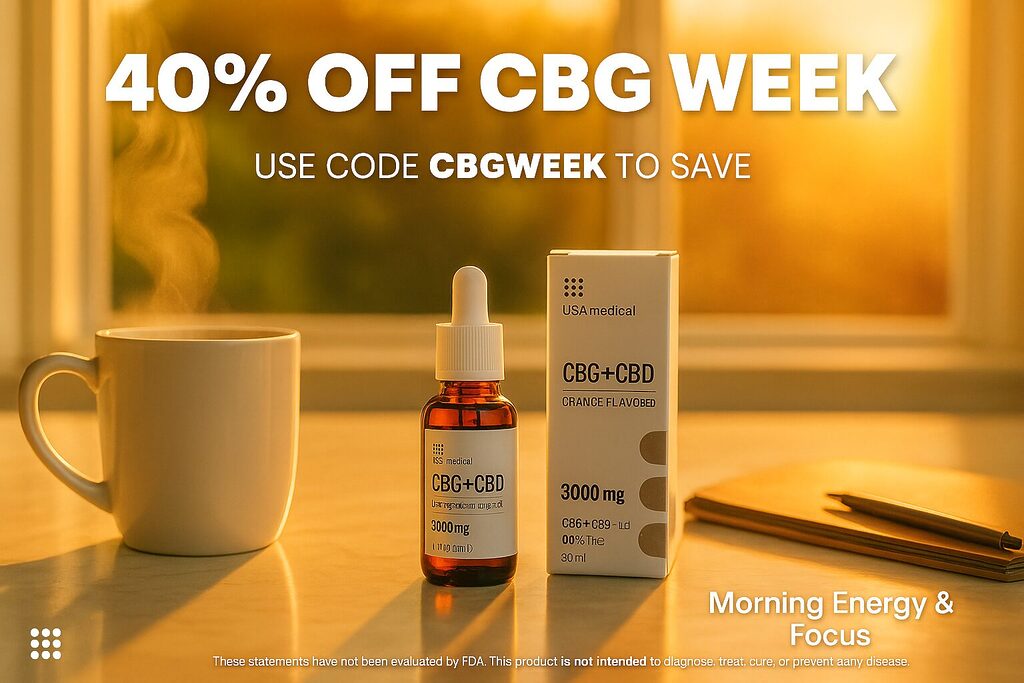
Breaking: CBG Week Starts Today, 50% Off Through Sunday, Sep 14
Save 50% on USA Medical CBG this week. Use code
By Jake Crossman (CNC-NASM), Nutrition Specialist; Holistic Health Coach; Managing Partner, USA Medical
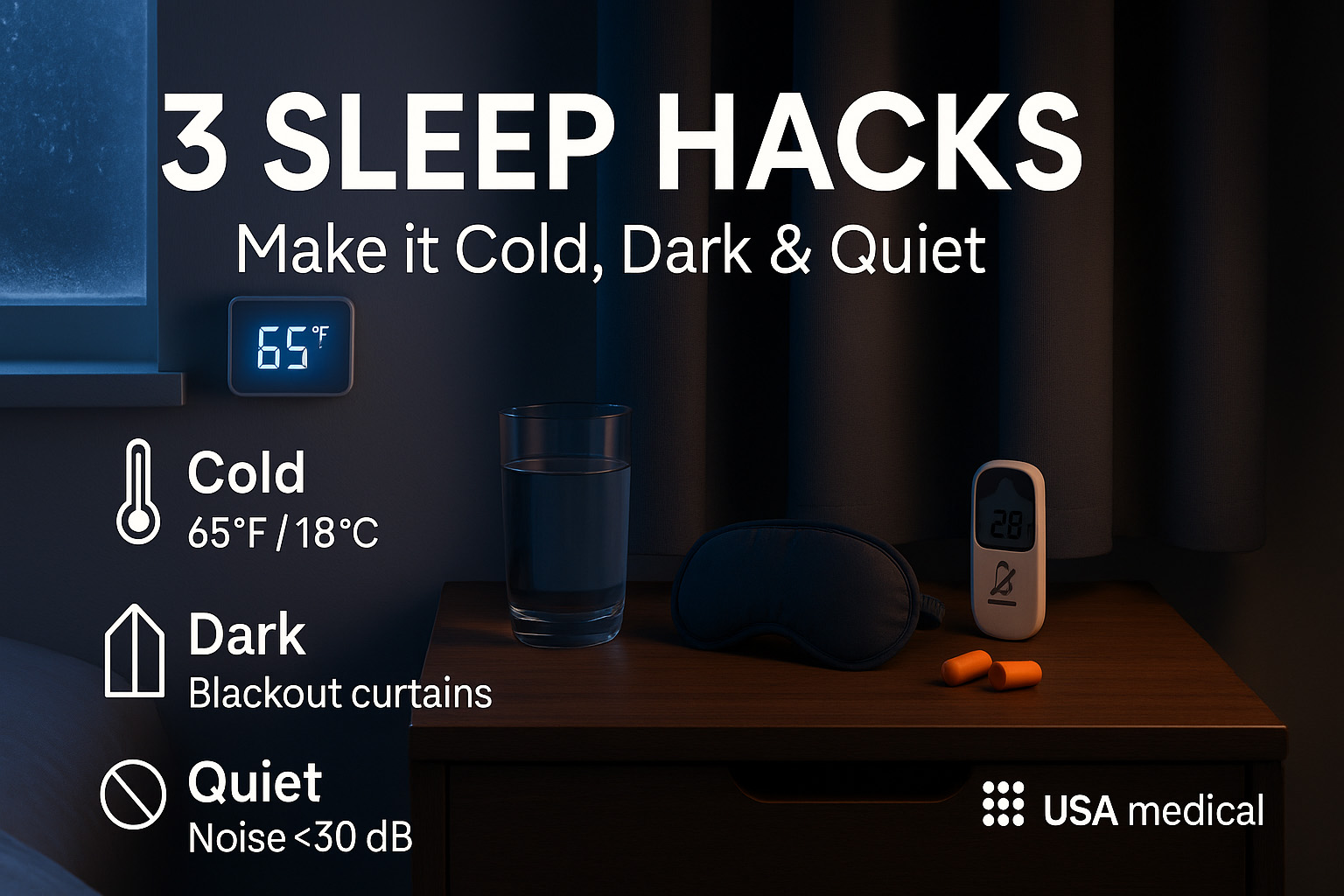
You can change your nights by changing your room. When your bedroom is cold, dark, and quiet, your brain gets the signal that it is time to sleep. This guide provides the why and the how, so you can feel the difference tonight.
Your body needs to drop core temperature by about 1–2°F to fall asleep smoothly.
A cooler room helps your brain release sleep signals and stay in deeper stages of sleep for longer. Most people sleep best at a temperature of around 65°F / 18°C. Some prefer a little lower or higher. The goal is a cool room, not a shiver.
What to do tonight:
Fix common barriers:
Light is the primary signal that sets your body clock.
Even small amounts of light at night can delay the release of melatonin and disrupt sleep. Your target is simple. Lights down in the evening and a nearly black bedroom.
What to do tonight:
Fix common barriers:
Your brain keeps “listening” while you sleep.
Sudden peaks in sound can pull you out of deeper stages even when you do not fully wake. Aim for a steady sound environment with minimal peaks.
What to do tonight:
Fix common barriers:
These environmental fixes are the foundation. If you want a little extra help, many sleepers layer magnesium glycinate 60–90 minutes before bed.
If anxiety is the main problem, a CBD routine in the evening can complement the cold, dark, and quiet plan. Always consult your healthcare professional if you have any medical conditions or are taking prescription medications.
Important: These products and tips are educational and do not diagnose, treat, cure, or prevent any disease. If you snore loudly, stop breathing at night, or never wake up refreshed, ask your clinician about sleep apnea screening.

My name is Jake. I'm a certified health coach, accredited nutritionist, and I want to make health easier for everyone.
We have the 'most advanced healthcare' in history, yet millions are still sick and on more medication than ever. My goal is to make holistic health more achievable for everybody.
I read all comments, so please let me know what you think!
These statements have not been evaluated by the FDA. USA Medical products are not intended to diagnose, treat, cure, or prevent any disease. Please consult with a healthcare professional before use.

Save 50% on USA Medical CBG this week. Use code

If your goal is comfortable, consistent relief, not a rollercoaster,
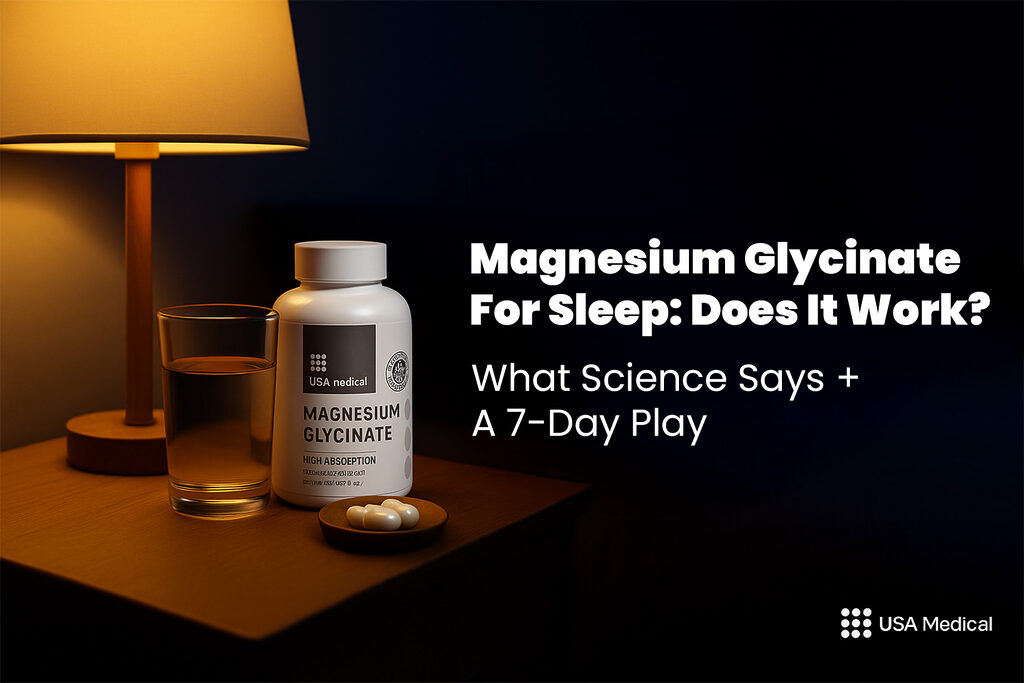
If you’re wondering whether magnesium glycinate for sleep is worth

What we mean by IBD, IBS, and Crohn’s IBD is
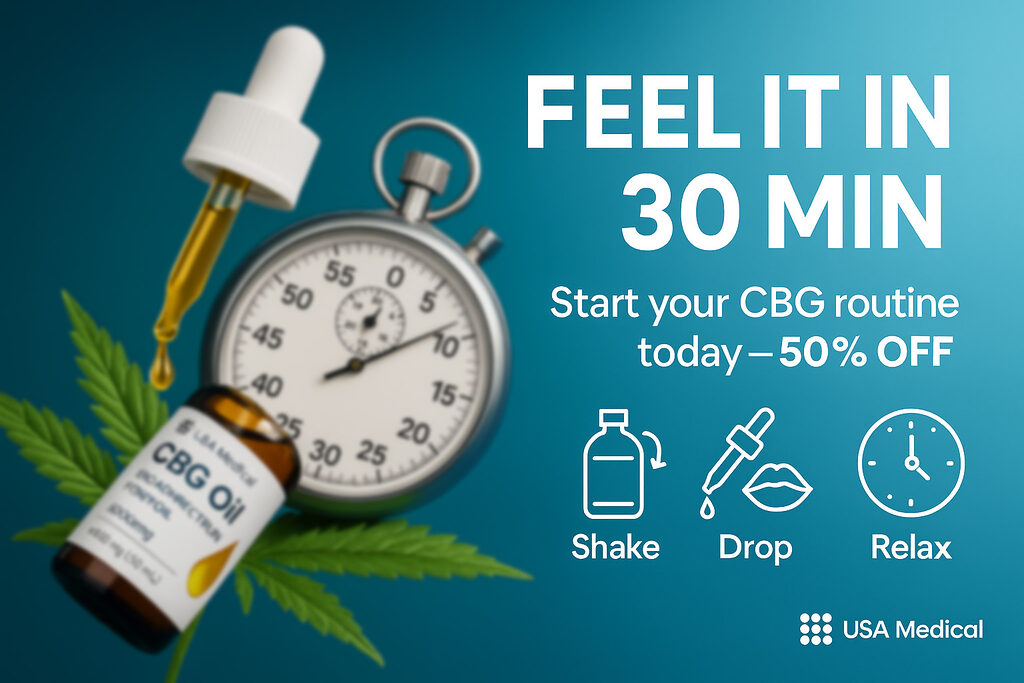
USA Medical CBG Oil works quickly and keeps working for
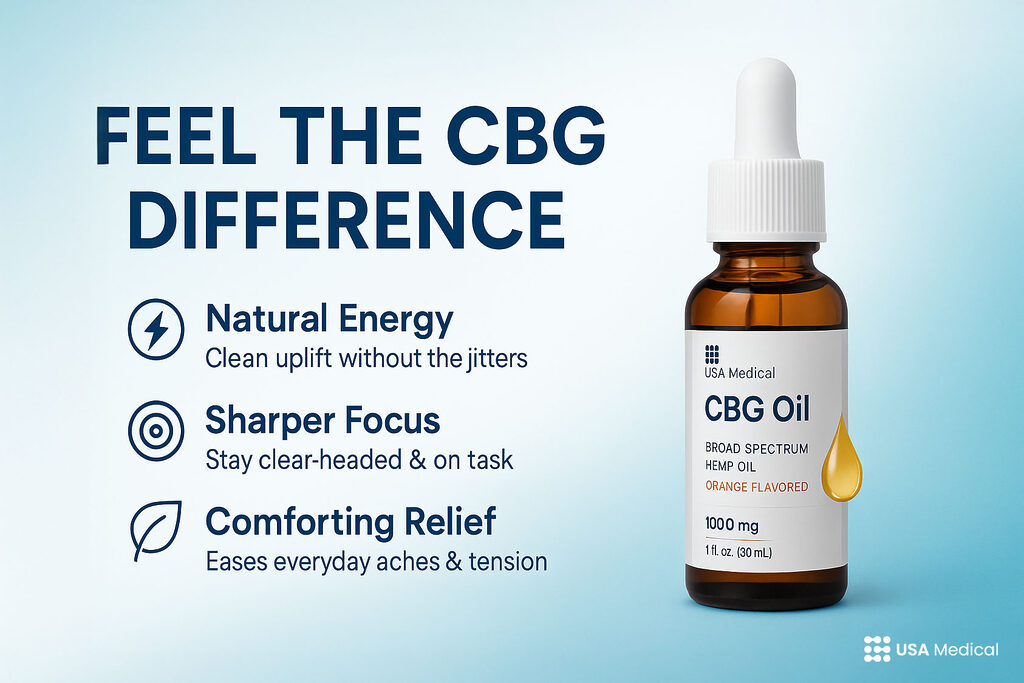
What Is CBG Oil? The Cannabinoid Behind the Buzz Cannabigerol


In stock | Free shipping

In stock | Free shipping
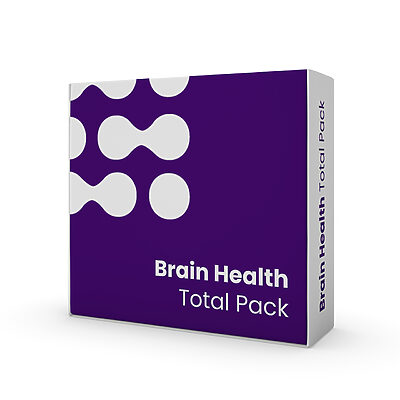
In stock | Free shipping

In stock | Free shipping
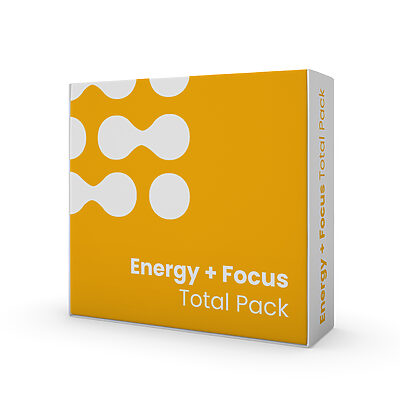
In stock | Free shipping
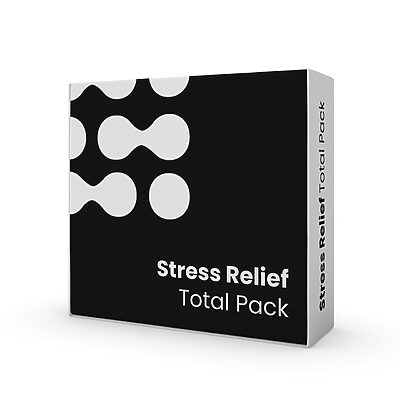
In stock | Free shipping
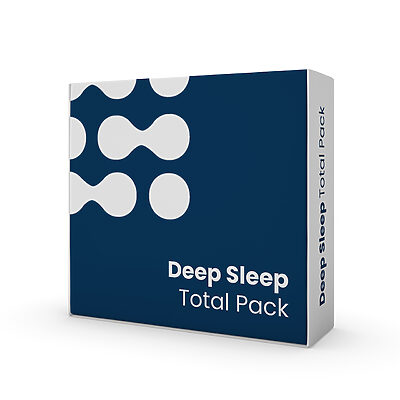
In stock | Free shipping
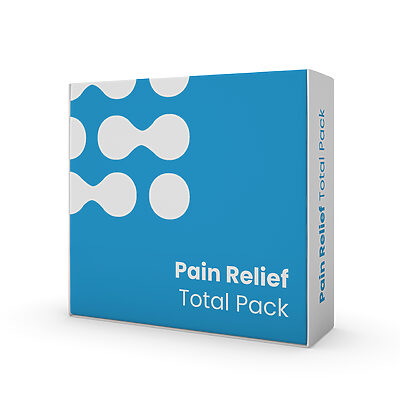
In stock | Free shipping
Notifications